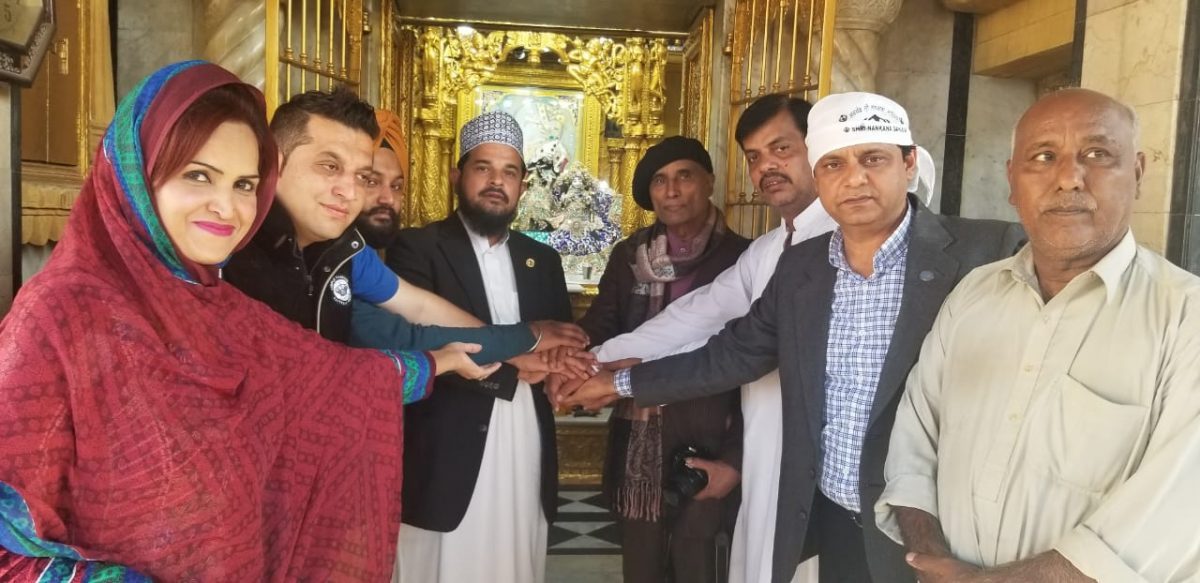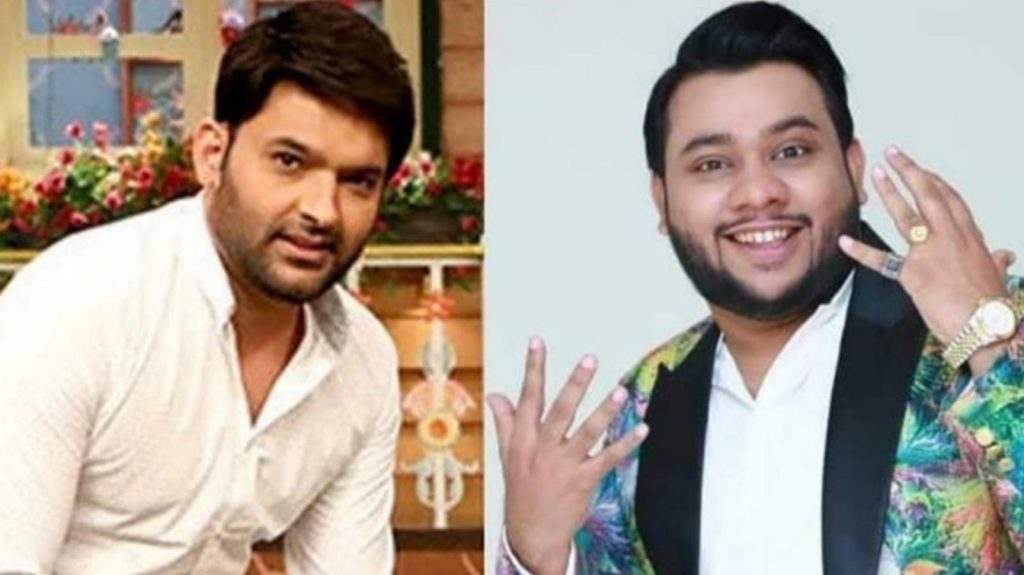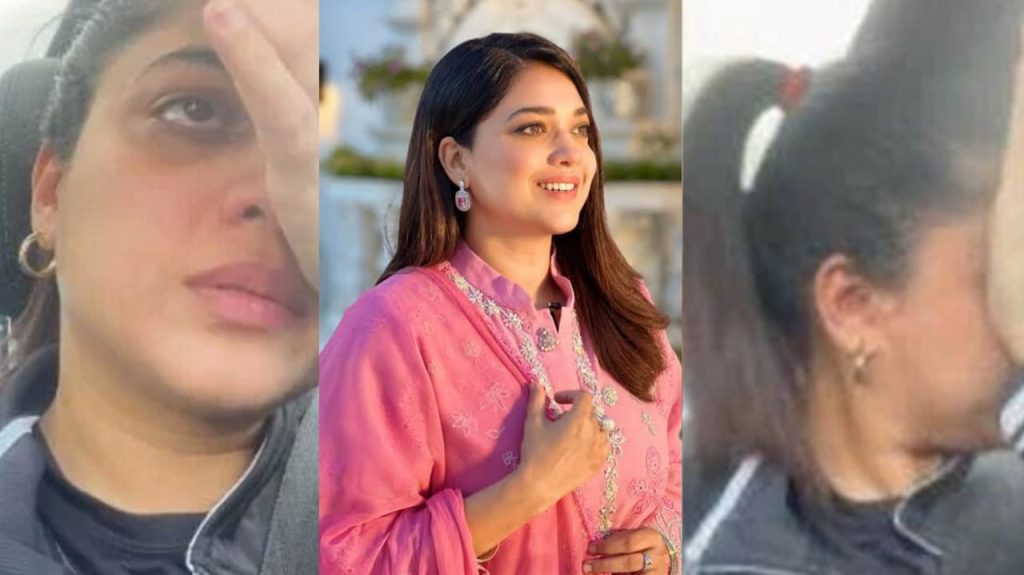The castes in Pakistan is social stratification done on a racial basis. Not only the Asian countries but throughout the world have a debate on which is the best caste in Pakistan. this division represents graded societies based on hereditary groups. But, the defining terms are significantly less painful and awful. And, our dear homeland is no exception to this inhuman system.
Here, we discuss the top 7 castes in Pakistan that don’t present even a tiny fraction of the utter mercilessness perpetuated in our neighboring state. Imperatively, the caste system here isn’t that notoriously differentiating among various societal groups. It can be safely said that such a “system” prevalent herein is more of a distinguishing factor rather than a dividing force.
Top 7 Castes In Pakistan Worth Discussing
Quite apparently, the caste system in the South Asian region possesses a long history and a multitude of forms. Pakistanis, more or less, share the same cultural roots as their Indian counterparts. In Pakistan, the caste system is founded on birth.
Castes are based on the profession existing in the community. The caste system basically classifies people socially and divides them on the basis of inherited social status. Very many societies could be described in this way. Within a caste system, people are strictly expected to marry and interact with people of the same social class.
Although scores of different castes exist in our society, the top caste in Pakistan need to be hinted at.
Butt
Butt is a common surname mostly used in the Kashmir Valley. In Pakistani Punjab, the local Punjabis use Butt as a collective terminology. The Butt presents a peculiar psyche to the people. They are generally thought of as arrogant and proud. They are beautiful and attractive physically and are healthy food lovers.
Jutt
The Jutt people are a traditionally agricultural community in Northern Pakistan. History portrays the Jutt as a brave, courageous, and loyal caste, mostly settled in rural areas. People’s psyche with regard to the Jutt is unique. This caste is the one you would wish to avoid marrying into if you want peace and serenity within your household. They love to argue, are ready to initiate a fight, and are biased toward their caste brethren. Some may be found as landowners.
Rajpoot
Rajpoot literally means “son of the king”. They are a prominent social group in Pakistan, India, and Nepal. They claim their ancestry from the ancient royal warrior dynasties of India and have roots in Rajpootana, which is a part of Rajasthan. The Rajpoot carry the onus of being courageous, loyal, self-sufficient, physically strong, resilient, coherent, hard-working, tenacious, and militarily strategic. More or less they are considered as being a martial race.
Sheikh
Sheikh is derived from an Arabic term meaning lord, the elder of a tribe, honorable or Islamic scholar. The title is generally attributed to Muslim trading families. Historically, most of them came from Iran, Central Asian Turkish tribes, and Arabs. They are generally business and trade people. On a social level, they are conscious of their image and cooperative with their relatives. They marry in their own caste or kin group. One negative trait possessed by them is the fact they are somewhat money hoarders.
Mughal
The Mughal dynasty originally ruled the Indian subcontinent. During the decline of the Mughal empire, most of the Mughals that survived were forced to flee. In the process, they abandoned their land and wealth behind. With their love for architecture, they took to work as builders while others adopted metalwork and carpentry.
Gujjar
Gujjar is considered an important and historical tribe. The majority of Gujjars are found in Pakistan, India, and Afghanistan. They are primarily agricultural (dairy and livestock farming) and pastoral communities. They present as a very diverse cast, both linguistically and religiously.
Qureshi
Qureshi signifies ancestry from the Quresh, the noblest Arab tribe that Prophet Muhammad (PBUH) belonged to. In South Asia, Qureshi is a multi-ethnic community spread across Pakistan, India, and Bangladesh. Historically, there are more Qureshis in Sindh since the Arabs settled down there and married local women. In the Indian state of Bihar, the Quresh caste is primarily associated with the profession of butchery. The community members slaughter all sizes of cattle, from goats to buffaloes.
The top 7 castes in Pakistan, in their feudal origins, reflect the importance of professions and occupations for agricultural output. Blacksmith-carpenters were always important because they produced tools for agriculture, and thus enjoyed a higher status.
Pakistan is predominantly an underdeveloped agricultural society. The caste system derives its religious approval under Hinduism, Essentially, it bears no future in an industrializing Muslim society where castes are duly replaced by classes.
Read Also: Celebrity & Entertainment News















